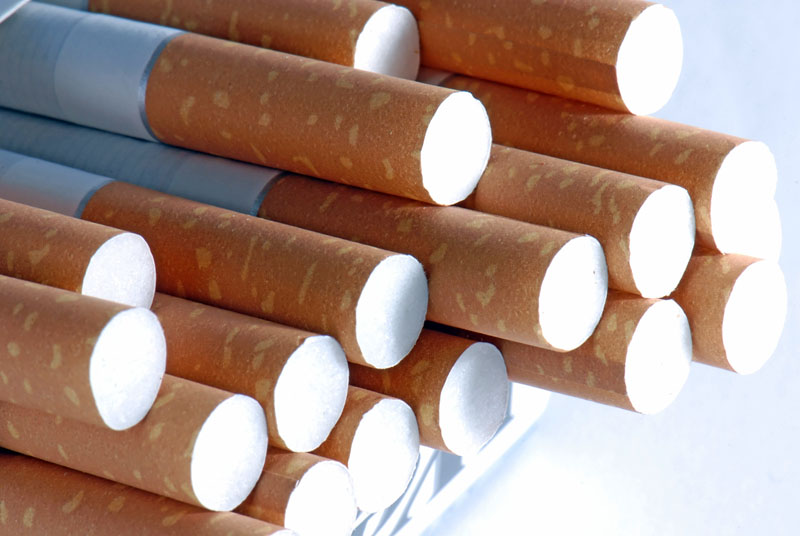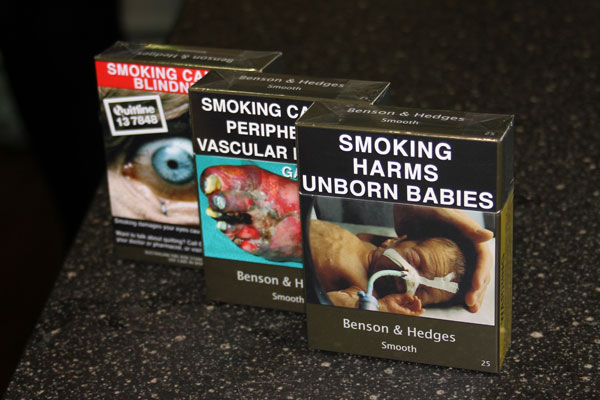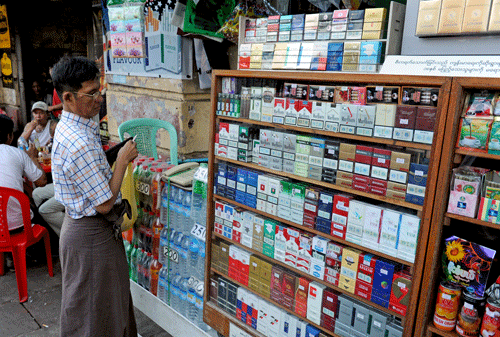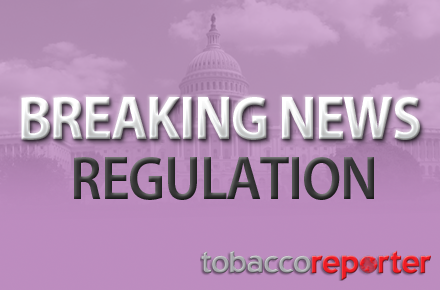New EU regulations governing vaping products sold in the UK are ‘stringent and ill-conceived, and should be reviewed and overhauled as part of the Brexit process for the good of the country’s public health’, according to the UK Vaping Industry Association (UKVIA).
To ensure that the UK realised the massive potential health benefit of vaping for those seeking to stop or reduce smoking, and to save the government billions of pounds in National Health Service (NHS) costs, there was a need for an overhaul of Article 20 of the EU’s Tobacco Products Directive, which come into force on May 20.
The UKVIA said that while it welcomed those aspects of the new EU regulations that provided certainty and clarity on quality and safety issues pertaining to vaping products, the provision of product information and the testing of products and their vapor emissions, it was questioning what it termed ‘the level of ill-conceived restrictions on nicotine strengths and e-liquid bottle sizes and advertising bans akin to those for cigarettes’.
The association said it believed such ill-conceived regulation would impact the continuing growth of the vaping market, which was today worth more than half a billion pounds in consumer purchases – purchases that reflected the enormous demand from smokers for less harmful alternatives to smoking.
‘Vaping is currently enjoyed by some three million smokers in the UK, over half of whom now describe themselves as “former smokers”,’ a UKVIA press note said. ‘Based on the NHS’s valuation of £74,000 for every smoker that stops smoking, a total saving of £111 billion for the nation’s coffers is already being realised.’
Charles Hamshaw-Thomas, a UKVIA board member (pictured), was quoted as saying that a huge potential public health prize could be lost if the UK government didn’t act swiftly. “We are very concerned about several of the new EU regulations which pay lip service to the potentially seismic public health opportunity which is widely recognised as being on offer,” he said. “Excessive restrictions, almost identical to those for tobacco products, make no sense if all smokers and the wider public are to be made aware that vaping is much more healthier than smoking.
“There is huge demand from smokers for less harmful alternatives to cigarettes. In August 2015, Public Health England reported that vaping is likely to be at least 95 percent less harmful than smoking; and since then a growing consensus has emerged in the public health community that vaping products are life changers. It’s critical therefore that the government, in the world of Brexit, ensures that the UK’s regulatory base and framework for vaping and reduced-risk nicotine products is fit for purpose and that the industry is incentivised to develop and promote new and ever better products so that a smoke free world becomes a reality.
“We are calling for Article 20 to be overhauled at the earliest possible opportunity in the Brexit process.”
Meanwhile health behaviourist, Peter Hajek, Professor of Clinical Psychology at the Wolfson Institute of Preventive Medicine, said that vaping would now be regulated much more strictly than conventional cigarettes were regulated. This would make it fiddly, less helpful for dependent smokers and more expensive. And it would discourage further product improvements. There was no logical justification for any of these measures.
“In a nutshell, the EU TPD protects cigarettes from their much less risky competitor and will be damaging to public health,” he said. “If there is any leeway to ignore or scrap this part of the Directive, now or in the future, it should be taken.”
The UKVIA press note said that many stop smoking services across the UK were beginning to declare themselves as ‘vape friendly’, by advocating vaping products as a quitting aid. But many feared the new rules would act as a barrier.
“We are concerned that aspects of the Tobacco Products Directive work against helping people stop smoking, by making life for vapers more difficult – sub-optimal strength nicotine, small bottles, small tanks – and by preventing positive messages being shared among those who have been frightened off vaping by a hostile propaganda war,” said Louise Ross, Stop Smoking Service Manager in Leicester.










